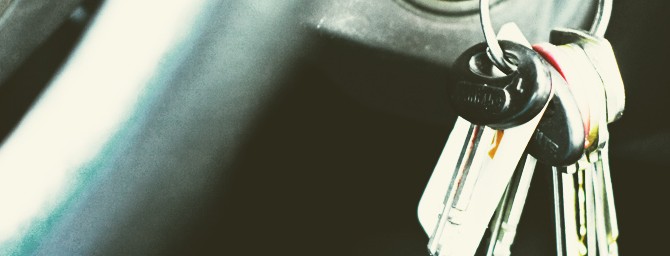If you are having trouble paying your bills, bankruptcy may be a worthwhile option for you to consider. The two most common types of bankruptcy proceedings are Chapter 7 bankruptcy and Chapter 13 bankruptcy. As a preface, bankruptcy is the process where consumers and businesses are allowed to eliminate or only re-pay some or all of their debts under the protection of the federal bankruptcy court. Not everyone qualifies for bankruptcy, but those who do may find it as a way out of their extensive debt obligations. Businesses may use bankruptcy to temporarily stop creditors from pursuing their failing business in order to plan a turnaround strategy.
Chapter 7 bankruptcy can be utilized by both individuals (consumers) and businesses. Chapter 7 bankruptcy is the process where some or all of a debtor’s property may be sold to pay down debt. However, certain property is exempt from the bankruptcy proceedings (such as household items, cars, clothes, etc.). Exempt property is outlined in the federal bankruptcy statute. In exchange for the liquidation (voluntary sale of the debtor’s property), the debtor is relieved of most or all of their unsecured debts. Further, not all debt can be erased (such as certain student loans).
Chapter 13 bankruptcy is known as the “wage earner” bankruptcy because a person who files under this Chapter must have a reliable source of income that can be used to re-pay some portion of their debt. This is most commonly known for its re-payment terms (rather than an outright liquidation and discharge of debts). Chapter 13 bankruptcy is advantageous in the circumstance where an individual can benefit from restructuring their debt payments. A Chapter 13 bankruptcy is also advisable to a debtor who wishes to be relieved of a portion of their debt so that they can better manage other debt obligations.
Contact the Attorneys of The Noble Law Firm, P.A. to assist you with your Chapter 7 or Chapter 13 bankruptcy matter.







